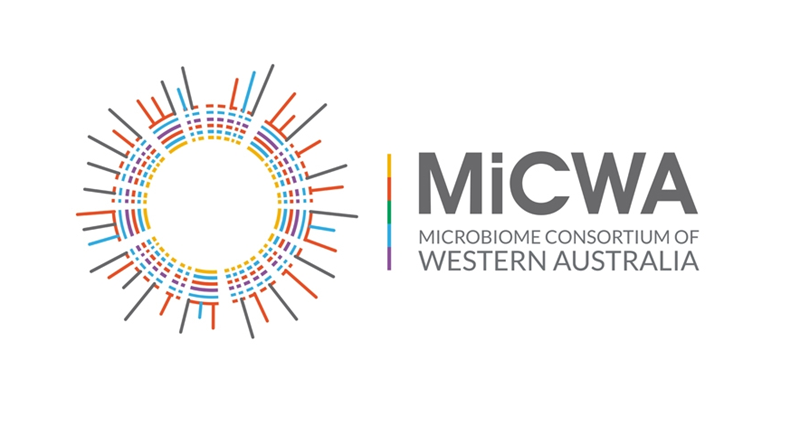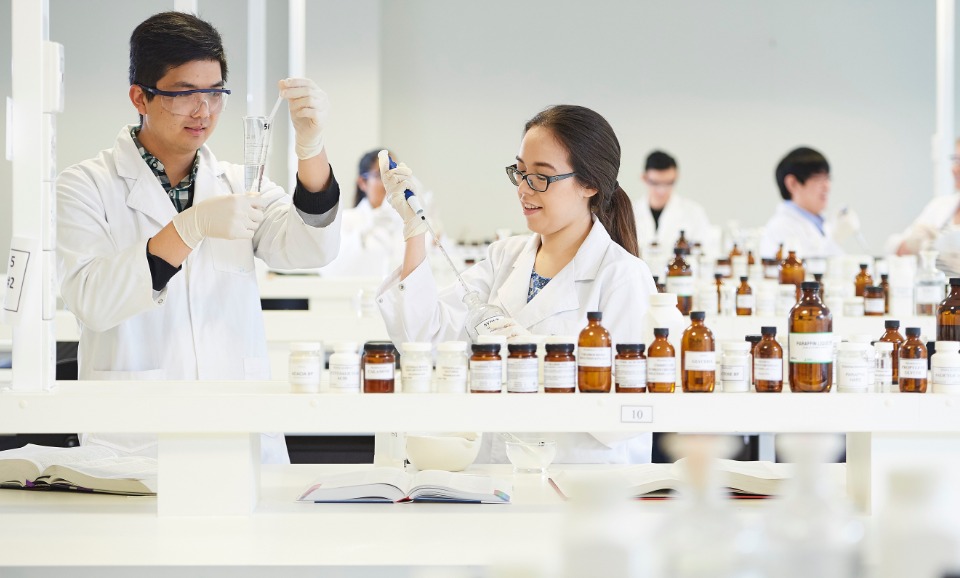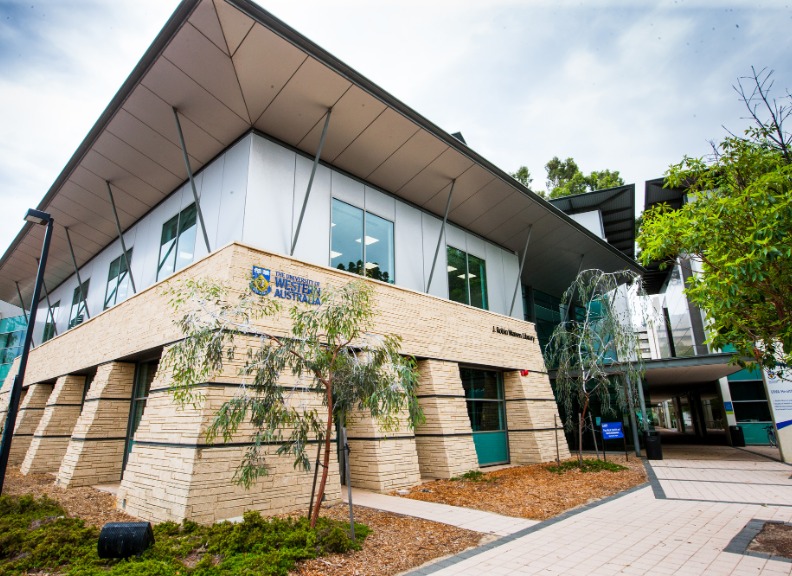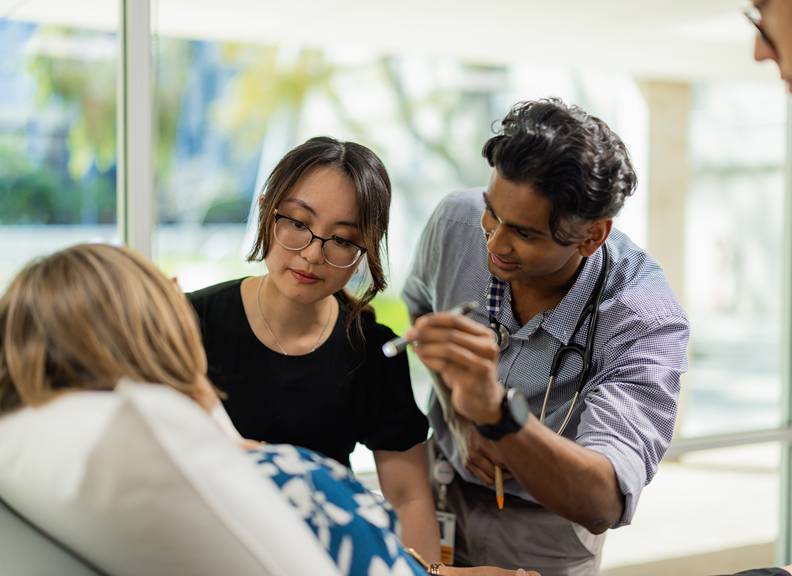Microbiome and metabolome of pregnancy and early life
Understanding the nature and source of the microbiome at the start of life
The microbiome of the female reproductive tract has been intensively studied over recent years in an effort to understand the relationship between bacteria, preterm birth and intrauterine infection.
This research area uses microbiome techniques to identify microbial risk profiles as a predictive strategy. Some evidence suggests vaginal delivery is responsible for seeding the neonate with bacteria that colonise the infant’s gut and allow normal development of the gut microbiome, metabolome and immune system. However, other evidence suggests the fetal gut is colonised before birth, and that this colonisation is influenced by maternal factors such as obesity and diabetes. The significance of the antenatal colonisation is unclear, but may influence the normal development of neonatal immunity.
Preterm birth affects around 8 per cent of all deliveries in Australia. It is the largest single cause of death and disability of children under the age of 5 years.
Current prognostic tests are relatively ineffective, and treatments have only partial success. The introduction of the WA Preterm Birth Prevention Initiative in 2016 resulted in a 7.8 per cent reduction in the number of preterm births in the state.
Research partners:
- Professor John Newnham, UWA and King Edward Memorial Hospital
- Dr Matthew Payne, UWA and King Edward Memorial Hospital
- Lisa Stinson (PhD candidate)
- Susan Prescott (Telethon Kids Institute, Paediatrics and Origins Project)
- Claus Christopherson/Mike Bunce (Human Microbiome Collaborating Centre, Curtin University)
- David Broadhurst (ECU)
Contact research lead Professor Jeff Keelan for more information.
Centres and groups
Our work with the following centres and groups is integral to achieving our aim of preventing preterm birth and improving infant outcomes.
- Women and Infants Research Foundation
- Established in 1975 with a vision of ensuring all Australian women enjoy the best health for themselves and their babies, the Women and Infants Research Foundation engages in research and public health initiatives surrounding pregnancy care, newborn care and the prevention of preterm birth.
- Microbiome Consortium of Western Australia
- The Microbiome Consortium of Western Australia (MiCWA) links clinicians, scientists, bioinformaticians and platform providers via an online hub with the aim of fostering multidisciplinary collaborations, and the exchange of information and expertise to strengthen and advance microbiome research in Western Australia.
- West Coast Microbiome Network
- The West Coast Microbiome Network links microbiome researchers across Perth universities, and the CSIRO, to share microbiological research and the application of microorganisms to specific problems. Their annual symposia gathers scientists from a broad range of disciplines including medicine, biotechnology, agriculture and mine-site rehabilitation.
Collaboration
WA Preterm Prevention Initiative (WAPTBPI)
Samples from the WA Pregnancy Biobank were collected from the Preterm Birth Prevention Clinic in association with the WAPTBPI.
Preterm Birth Prevention
The WAPTBPI was established with the goal of safely lowering the rate of PTB in the state; the Pregnancy Biobank is part of that initiative. The project is embedded in the overall goals of the WAPTBPI. The project investigators are also affiliated with the Microbiome Consortium of Western Australia.
ORIGINS Project
The ORIGINS Project is the largest study of its kind in Australia, following 10,000 families over the next decade to improve child and adult health.
Human Microbiome Collaborating Centre




